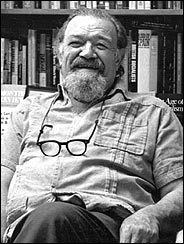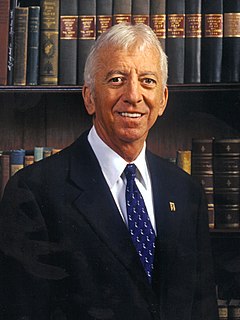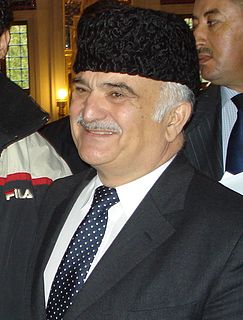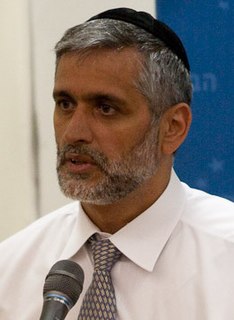A Quote by E. O. Wilson
We ought to recognize that religious strife is not the consequence of differences among people. It's about conflicts between creation stories.
Related Quotes
Mao challenged the idea that economic planning would dissolve conflicts of interest among the people. He saw it dialectically - conflicts between intellectuals and manual workers, between the city and the countryside, stratification in the party and society. He said it was necessary to struggle to overcome these differences whether it takes 100 or 500 years.
Throughout history, religious differences have divided men and women from their neighbors and have served as justification for some of humankind's bloodiest conflicts. In the modern world, it has become clear that people of all religions must bridge these differences and work together, to ensure our survival and realize the vision of peace that all faiths share.
Of all the differences between the Old World and the New, this is perhaps the most salient. Half the wars of Europe, half the internal troubles that have vexed European States... have arisen from theological differences or from the rival claims of Church and State. This whole vast chapter of debate and strife has remained virtually unopened in the United States. There is no Established Church. All religious bodies are equal before the law, and unrecognized by the law, except as voluntary associations of private citizens.
There's going to be biological differences between the genders. There's going to be biological differences between two women or two men. There's biological differences between all of us. My concern is, why are we so concerned about it? Why are we so worried about it? Why, whenever a study comes out about men do this one way and women do this one way, or men's brains and women's brains - why are we so interested in that? You know, what makes us so fascinated by differences between the sexes? And I think more often than not that interest is deeply embedded in sexism.





































